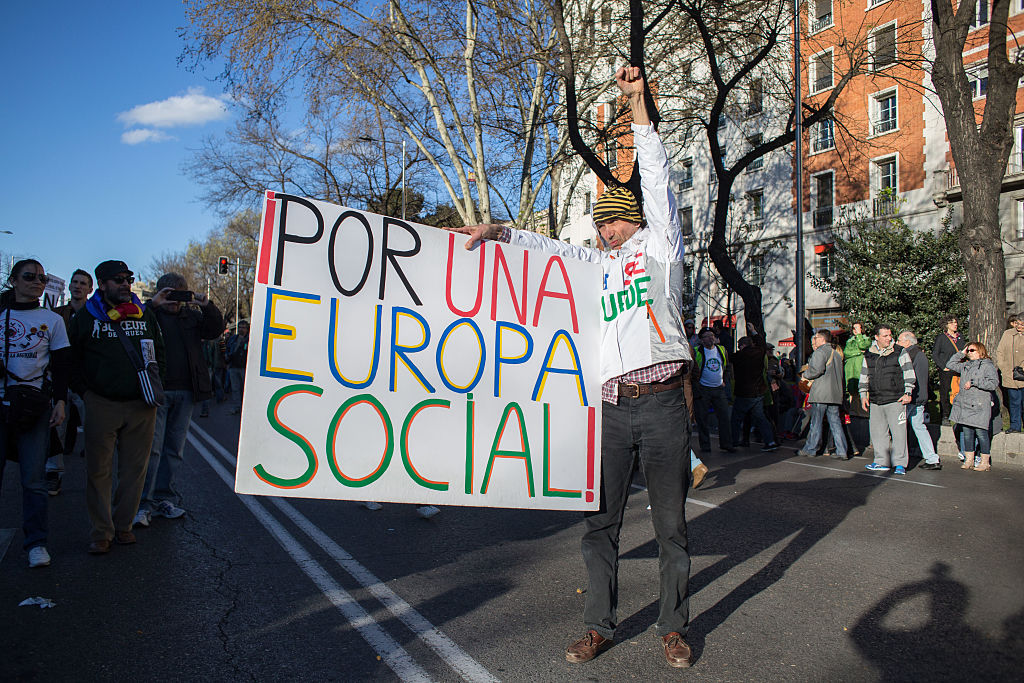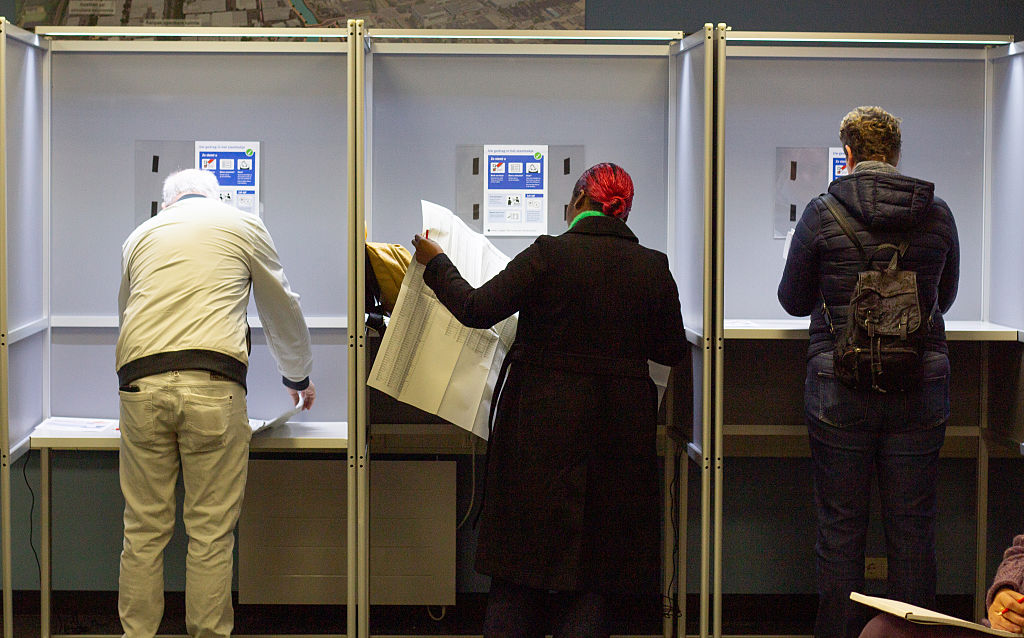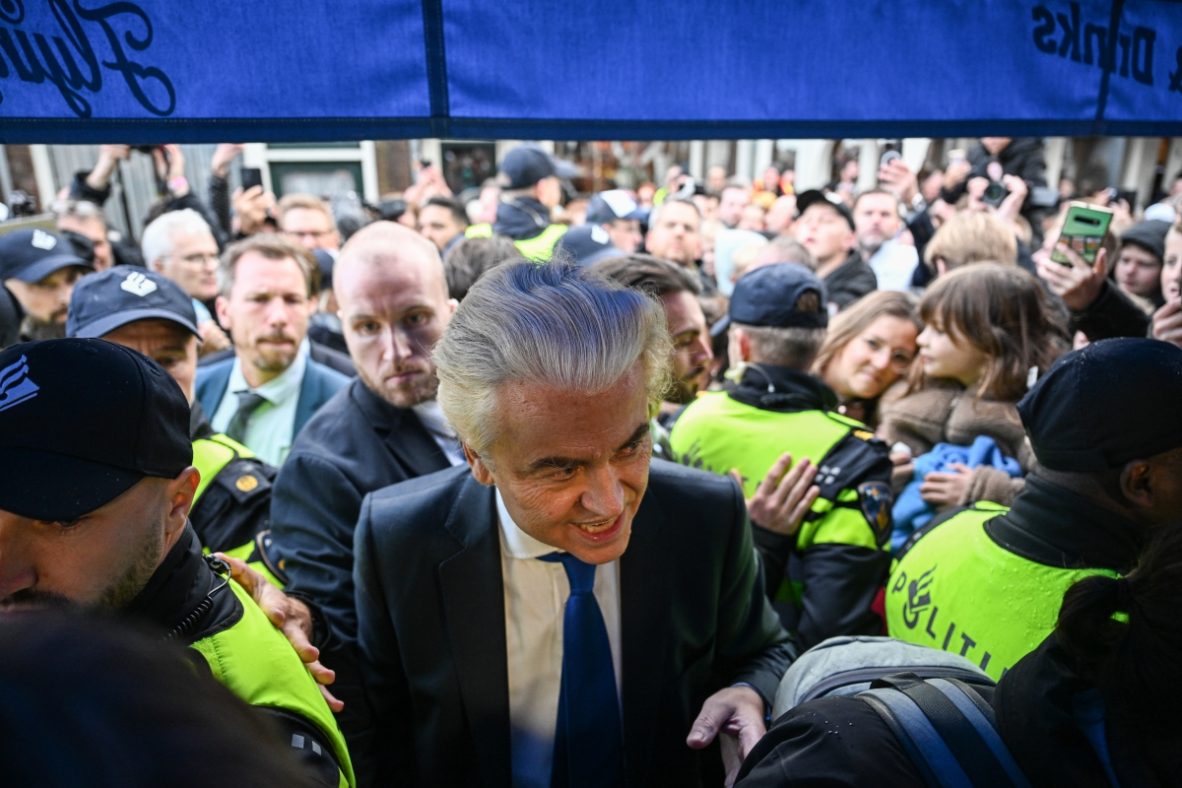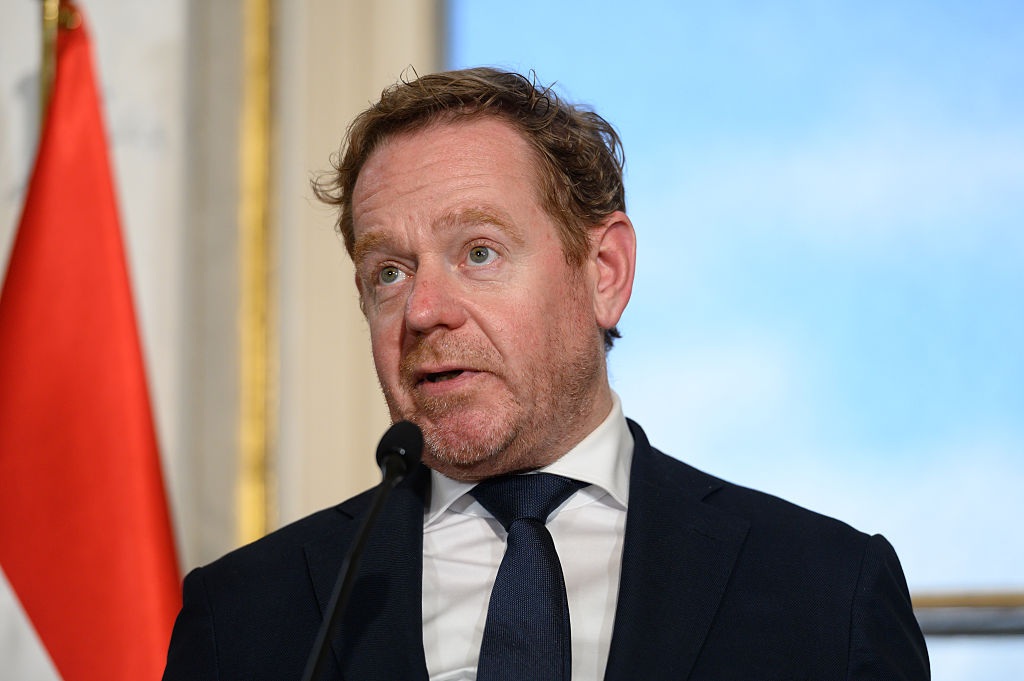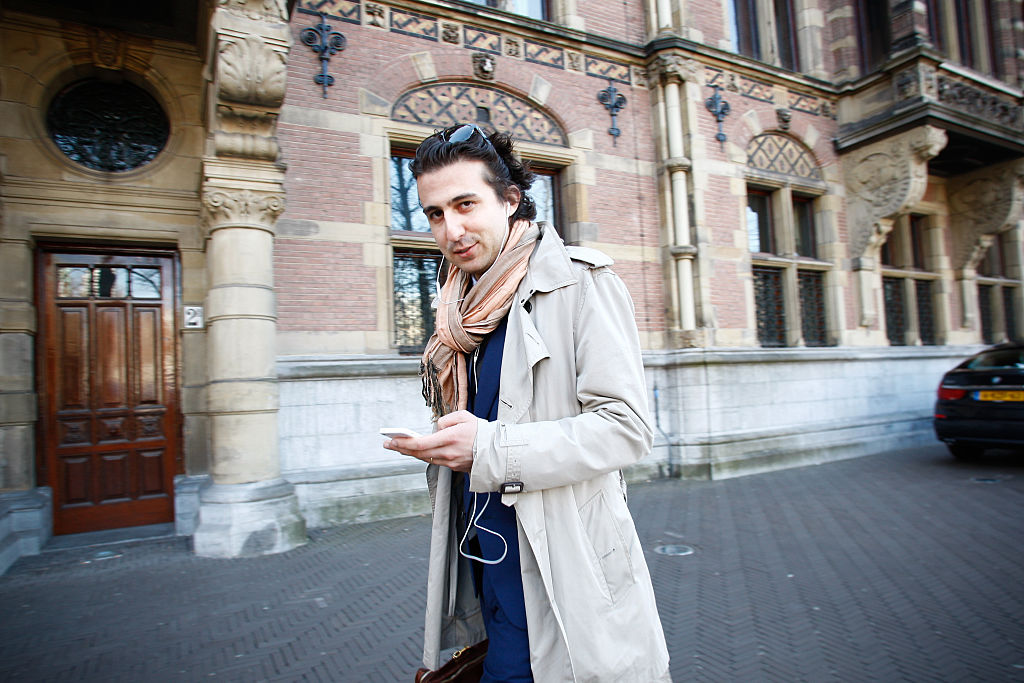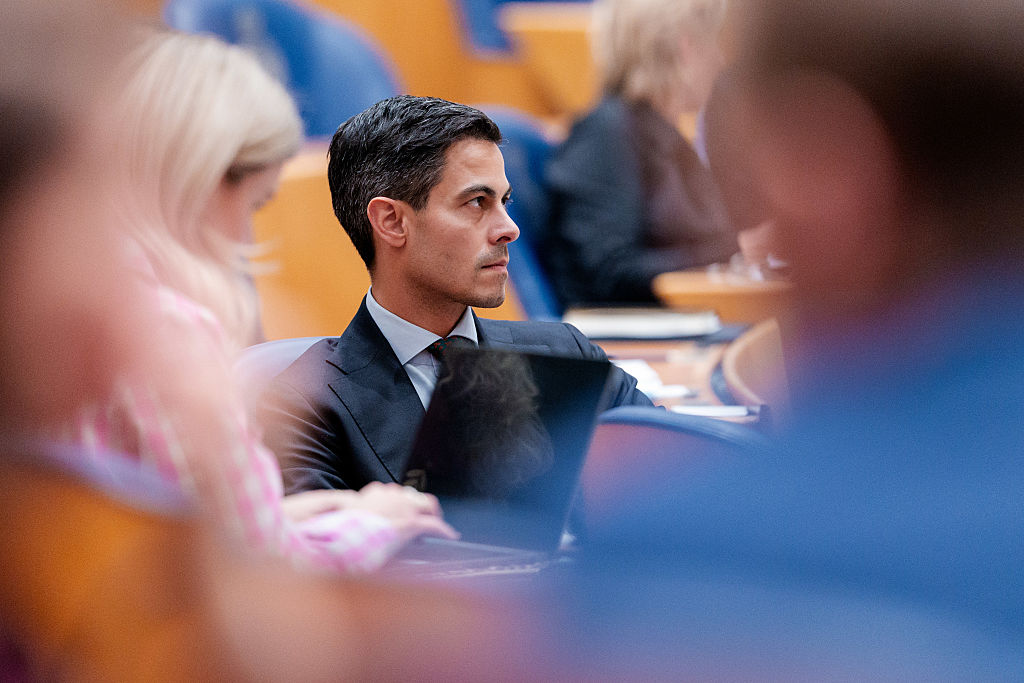The Brief – The slow death of champagne socialism
Timmermans’ defeat isn’t just a blow at the ballot, it marks the end of an era. His model to lead the left to victory has run aground, and his less charismatic successors will struggle to revive it
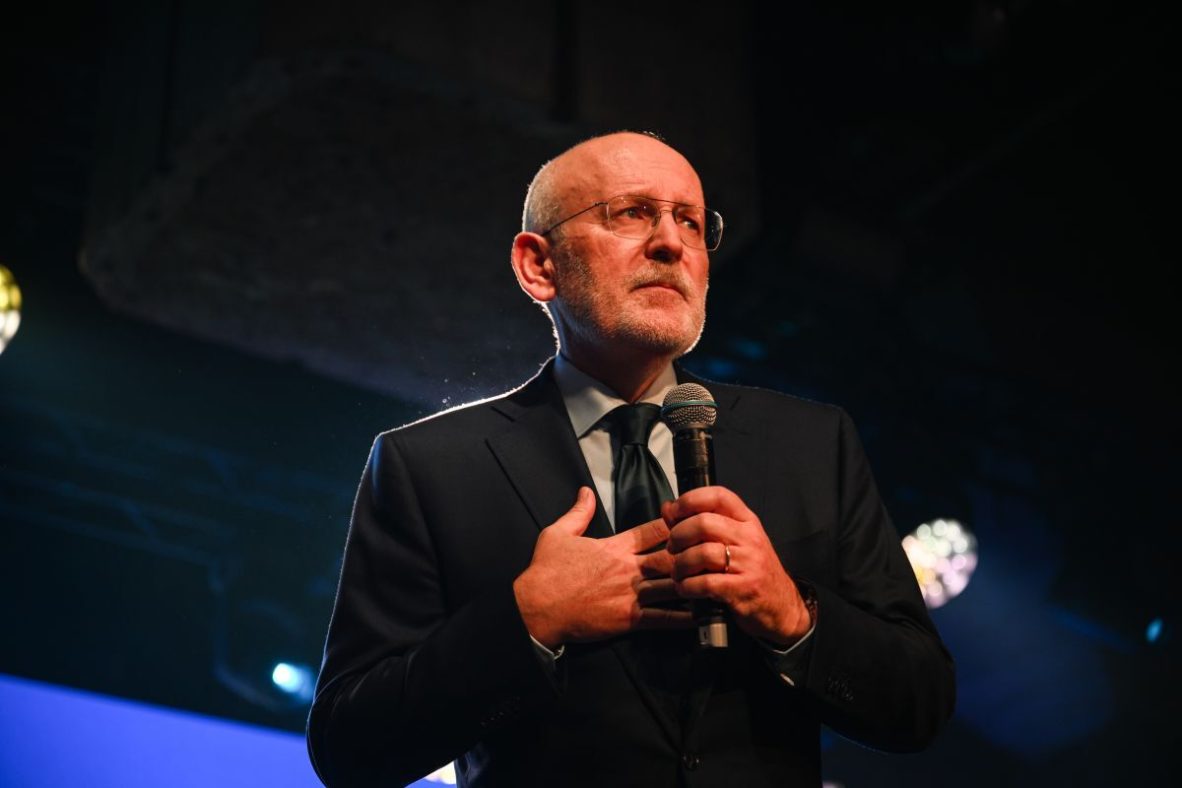
It is the end of an era. For almost nine years, Franciscus Cornelis Gerardus Maria Timmermans (yes, that’s actually his full name), the centre-left Dutch polyglot, kept court in Brussels as the EU’s most influential socialist. At one point, he had a real chance at becoming Commission president.
Surfing the Green Wave, he pushed through a flurry of “social justice” laws, including unprecedented supply chain requirements, green finance rules, nature restoration laws and climate policies – which are now being dismantled.
He was no longer around to save his Green Deal legacy from being systematically undone, having been tempted back to domestic politics, where he swiftly took the helm of the green-socialist alliance in 2023, which put him in serious contention to be prime minister.
In the end, it wasn’t meant to be. The shift against the green urbanite progressive movement (aka ‘anti-Bobo backlash’) caught up with him. Wednesday evening, rather than stand triumphant, the man with the once jolly beard stood defeated and almost clean-shaven.
“I’m extremely disappointed with our result,” he said, having received just 13% of the vote. He promptly resigned. “I take full responsibility … I want to hand over the reins to the next generation.”
Timmermans’ defeat isn’t just a blow at the ballot; it marks the end of an era. The Dutchman had long been convinced his model was one to be copied, a formula easy to replicate: ally with the Greens, attract the young, socially conscious voters, and don’t alienate the centre.
“I don’t want left-wing movements in Europe to be always right but seldom relevant,” he told his struggling Brussels colleagues in February. “Our relevance comes from our size, our proposals and our willingness to cooperate with other democratic parties.”
With socialists losing ground across Europe in recent years (they now only lead three of the EU’s 27 national governments), their continued “relevance” is a matter of debate.
Timmermans’ brutal loss this week is just the latest sign of how much time has passed the socialists by. To be sure, Timmermans – a thoroughbred cosmopolitan schooled in Rome – never fit the socialists’ traditional working-man mould.
Trouble is, none of the other elites in the party these days do either.
Roundup
Parliament issues budget red lines – The four political groups supporting Commission President von der Leyen have demanded seven key changes to the proposed €2 trillion budget. ”The European Parliament cannot accept this as a basis for starting negotiations,” the letter read, with a threat to block any further progress.
No Commission celebrations after superpower trade truce – The Commission declined to comment on Beijing’s pause on rare earth restrictions, which would have caused chaos for European industry. It said Europe will pursue its own bilateral agreements with China, with whom relations have long been strained by China’s growing trade surplus and close ties to Russia.
Israel’s rebuke to Europe – The Israeli Ambassador to Greece told Euractiv that the EU should stop “meddling” in its politics, pushing back against criticism of Israel that has been growing in the bloc. “Europe is meddling … through NGOs, through finance, through certain initiatives,” he said.
Across Europe
Sicily bridge project blocked – Italy’s court of auditors rejected developments of a bridge linking Sicily to the mainland, citing traffic forecast reliability and potential EU environmental and seismic violations as concerns. Giorgia Meloni, who has long championed the project, said the court’s move was “yet another act of judicial invasion into government prerogatives”. Opposition parties said it was a “victory for the rule of law.”
Dutch watchdog calls for gamer protections – The Dutch consumer watchdog wants more protections for the video game industry in the Digital Fairness Act, which the Commission is set to propose next year. It raised concerns that “An increasing number of businesses rely on the retention of consumers’ attention as a way of generating revenue.”
Slovakia criminal code is too lenient – Prime Minister Robert Fico’s government is under growing pressure to tighten Slovakia’s criminal code after a controversial reform reduced penalties for minor offences, as police officers and local authorities warn of weakened public safety.

